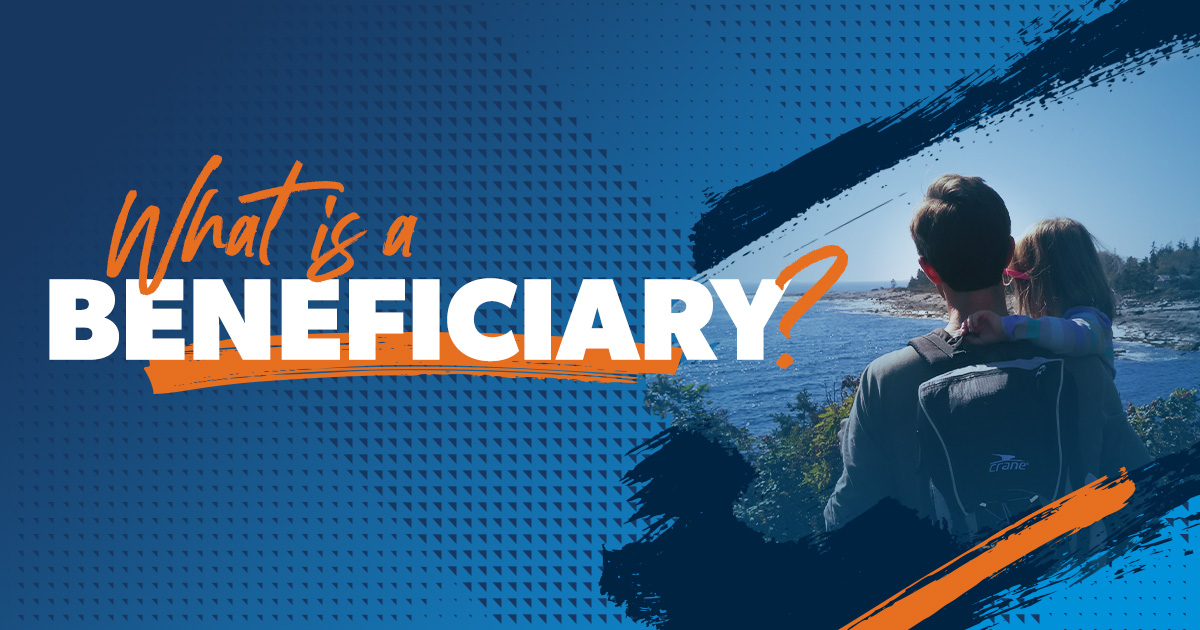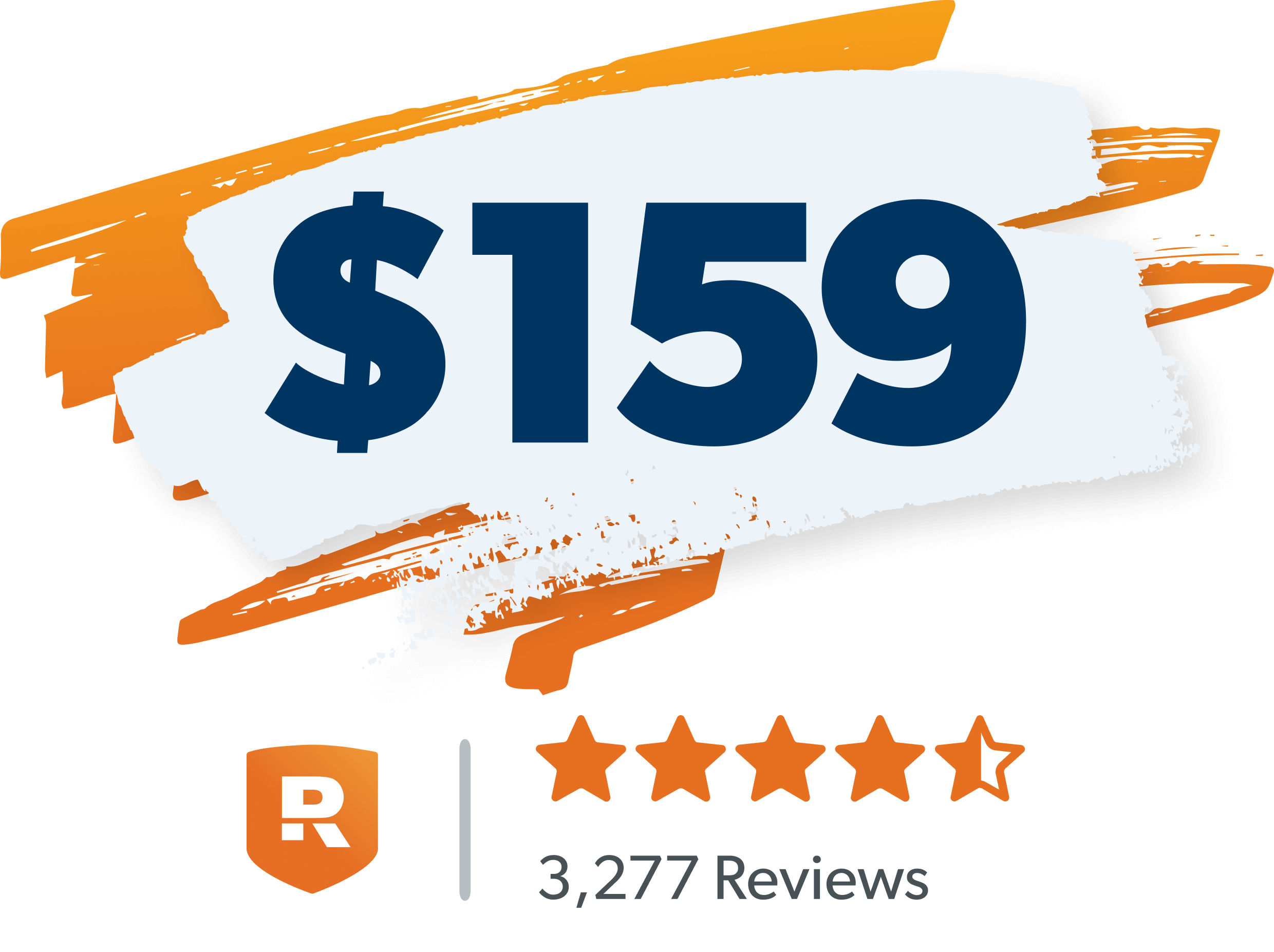
Ever seen those movies where the rich uncle dies without leaving a will, so there’s no beneficiary—no one to get all his stuff? The family erupts into so much chaos it makes The Jerry Springer Show seem like a kids’ program. You can’t help thinking, I’d never let that happen to my family.
But what exactly is a beneficiary? Are there any special rules for choosing one? And when would you need to name a beneficiary? Doing the right thing for yourself and your family can be confusing—but it doesn’t have to be. We’ve cut through the legal jargon to give you the facts so you can be confident choosing your beneficiary.
- What Is a Beneficiary?
- Why You Need a Beneficiary
- When You Would Name a Beneficiary
- Types of Beneficiaries
- How to Choose Your Beneficiary
What Is a Beneficiary?
Let’s start with a simple definition. A beneficiary is a person or organization you name to get your stuff when you die. You name beneficiaries in a legal document—like a will, trust, life insurance policy, annuity, or retirement account.
Here are some examples of the people and organizations you can name as your beneficiary:
- A person (or multiple people)
- The trustee of a trust you’ve set up
- A charity or nonprofit
- A minor (child under 18 years of age)
- Your estate (in the case of a life insurance policy)
Why You Need a Beneficiary
You work hard for your money, as the song goes. And you want to know your family will be secure financially when you’re no longer with them. That’s the biggest reason you need to name a beneficiary—or beneficiaries: to make sure your stuff actually ends up in your loved ones’ hands. Here are some others:
Clarity – Unfortunately, grief makes some people go a little nuts. It starts when family members start fighting over who gets Aunt Melba’s thimble collection. Before you know it, you’ve got a nasty brawl on your hands.
Naming beneficiaries makes your wishes crystal clear. And in most cases, ironclad legal! It also keeps the peace among relatives, so your next family reunion won’t end up on YouTube.
Speed – When you name beneficiaries in your will, a lot of your stuff will bypass probate altogether (probate is a court that proves a will is valid). That means your family will get their funds faster so they can take care of any emergencies—and won’t spend a lot of time in probate court. Because who wants to spend their afternoons there?
Some of your assets may still go through probate after your death (estate property worth over a certain amount will generally have to go) but naming a beneficiary beforehand will speed that process way up. If you don’t name anyone, the court has to sort through who has the legal right to claim your stuff.
If you don’t name a beneficiary for your life insurance policy, the payout from that policy will become part of your estate (another fancy word for the money, property and stuff you leave behind). What does that mean? In most cases, the death benefit will have to go through probate. And your family can’t touch it while it’s in probate. Don’t let that happen!
Control – When you name beneficiaries in a will or life insurance policy, you control where your money goes—and who gets it. And that’s the way it should be! If you don’t name one, the state you live in (California, for example) determines how your assets will be distributed to your heirs. And get this: depending on the state you live in, that might even include ex-spouses. Yikes!
When You Would Name a Beneficiary
You would name a beneficiary for almost anything dealing with your money. Here are a few examples:
- Life insurance policy
- Your last will and testament
- Retirement accounts like a 401(k), 403(b), IRA or similar plans
- Social Security disability (in some cases)
- Savings accounts and checking accounts
Like we mentioned earlier, you can name any person or organization you want as a beneficiary but be aware that if you name a minor child, and you pass away while they're still a minor, the payout is sent in their name to the legal guardian of the minor child's estate. And if you haven't already named a legal guardian in your will, a probate court will appoint one for you. Don't let this happen!
Save 10% on your will with the RAMSEY10 promo code
One more important thing to know: If you participate in an employer-sponsored retirement plan like a 401(k), 403(b) or a similar account, the law says you have to get written consent from your spouse to name someone other than your spouse as the beneficiary.1 This law doesn’t apply to IRAs or Roth IRAs because those aren’t set up through your employer. Make sure you talk to an investing professional who can walk you through these differences.
Don't Know Where to Start With a Will?
Download our will worksheet to get started.
Types of Beneficiaries
There are three types of beneficiaries: primary, contingent and residuary. Don’t worry, we’ll explain.
A primary beneficiary is the person (or people or organizations) you name to receive your stuff when you die. A contingent beneficiary is second in line to receive your assets in case the primary beneficiary passes away. And a residuary beneficiary gets any property that isn’t specifically left to another beneficiary.
Let’s walk through some examples of all three types of beneficiaries.
Primary Beneficiary
Like the name sounds, the primary beneficiary is first in line to receive your stuff when you pass away. To make it all as smooth as possible, list out as much specific information about this person (or people or organizations) as you can. A few items to be sure you include:
- Current address
- Contact information
- Social Security number (or similar information for an organization)
What if you want to name more than one person? That’s great! You just need to be specific about how the money and other assets should be split up. And here’s an important tip: Use percentages rather than a specific amount for any accounts with balances that can change over time. After all, you may have more (or less) money in the accounts when you pass away.
Here’s a real-world example: Stu is a single dad of two grown children. After his divorce, he updated his will and named each of his children as beneficiaries, then named an animal shelter as another. His will states that 90% of his entire estate (not including personal items like heirlooms and keepsakes) will be divided equally between his two children. The remaining 10% of all his assets will be given to the shelter.
Contingent Beneficiary
What does contingent beneficiary mean? Put simply, a contingent beneficiary is the person (or people or organizations) you choose to receive your assets if one (or all) of your primary beneficiaries can’t be found, or if they pass away before you do. In your will or insurance policy, you’ll need to spell out exactly how your stuff would be given out to your contingent beneficiary.
For example, suppose you want your life insurance policy payout to go to your spouse. So, you name them as your primary beneficiary. Then suppose you list your favorite charity as your contingent beneficiary. If your spouse passes away before you do, your favorite charity will receive the proceeds from your life insurance.
Residuary Beneficiary
A residuary beneficiary can receive assets in two ways. First, they can receive assets that are not specifically left to another beneficiary (a primary or contingent beneficiary). In other words, they get what’s left behind.
The other way they can receive assets is if the primary and contingent beneficiaries can’t collect the assets (for whatever reason). The difference between a contingent beneficiary and a residuary beneficiary is that a contingent beneficiary is second in line to receive assets. A residuary beneficiary, on the other hand, only gets what’s left over if the primary and contingent beneficiaries aren’t able to collect (for whatever reason).
Naming alternate beneficiaries in your will is a simple way to avoid problems and confusion. It might seem trivial, but the consequences of skipping this step can be painful. Suppose your primary beneficiary is unable to receive your assets, and you didn’t name an alternate beneficiary (either contingent or residuary). In this case, your assets will go back to your estate and go through probate. Ouch!
How to Choose Your Beneficiary
When choosing a beneficiary, you need to think about the people who depend on you financially. If you’re married, you’ll likely choose your spouse as the primary beneficiary, and your spouse would choose you. (Yes, your spouse needs a will too!) Together, you would name contingent beneficiaries—in case something happens to both of you.
Keep in mind, people outside your immediate family may also depend on you. Do you help your parents pay their medical bills? Did you agree to pay for your niece’s education?
Since you can name more than one beneficiary, you can specify what (and how much) each of these people would receive when you die. This way, those who depend on you can still count on your financial support.
Here are some questions to answer as you choose a beneficiary:
- Who depends on your financial help? Make sure they’re included as a beneficiary.
- If you have children who are minors, who will be the trustee of their money until they turn 18?
- Will you set any conditions on when your children can receive your assets? (for example, when they graduate from college, turn 25, pay off any debt they have, etc.)
- Do you want any assets to remain in the family? (heirlooms, property, etc.)
- Do you want to support any churches, charities or nonprofits?
No matter who you choose as beneficiaries, you need to review your documents on a regular basis. Because life happens. A marriage, death, divorce or broken relationship can mean a change in beneficiaries.
Interested in learning more about estate planning?
Sign up to receive helpful guidance and tools.
Don’t Leave Your Loved Ones Stranded
Naming a beneficiary in your will might sound like a huge, time-consuming monster—but it’s not! You don’t even need to go to a lawyer’s office or spend a fortune. You can create your own will online with RamseyTrusted provider Mama Bear Legal Forms in less than 20 minutes. All you have to do is plug in your information, including your beneficiaries, and the rest is done for you.
Once you’ve made your will, put a copy in your legacy drawer—along with copies of all your other important documents like tax returns and investment statements—so your executor and family can access it when the time comes.
You’ll breathe easier knowing you’ve taken the steps to protect your assets and spared your family unnecessary conflict and stress. Your loved ones will be grateful—and they won’t end up on some video gone viral.
Complete Last Will & Testament Package for One Person
Includes:
- Last Will & Testament
- Health Power of Attorney
- Finance Power of Attorney
Complete Last Will & Testament Package for Married Couples
Includes:
- Two Last Will & Testaments
- Two Health Powers of Attorney
- Two Finance Powers of Attorney




